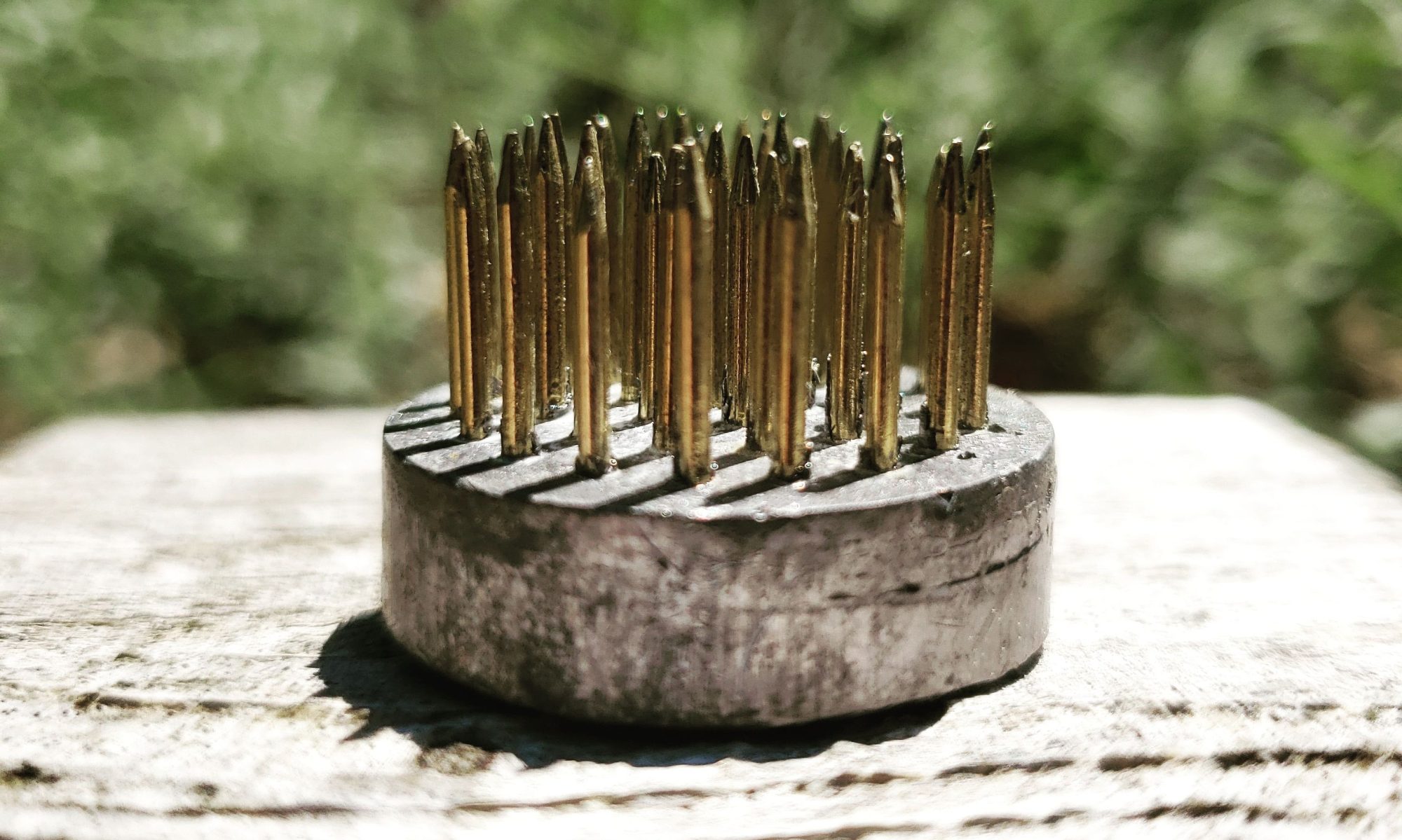When I switched from squats to deadlifts a few weeks ago, I have to admit I was a little sad to give away one metaphor–carrying myself out of a burning building–for that of another–lifting the dead. But I got over it pretty quick, metaphorically at least.
And I could say that my efforts are wrapped around notions of becoming a new, better, stronger person by disposing of that old, “dead” self. I could say that with every lift I’m fighting off the terrors of a bleak, immobile future. I could say that weight lifting allows me to lift away a yolk of self-doubt and emerge, 82.5 pounds later with superpower insight and unwavering badassness. But that’s not the case at all.

You won’t believe me, but I do it for words.
Squat: to “thrust down with force,” (modern English) from the Old French, “esquatir” (to flatten) by way of Latin “cogere” (compel). Crush, crouch in hiding.
The origin of “deadlift” apparently dates back to the Roman empire, to soldiers lifting the dead off the battlefield. A literal origin, we could say.
Lift: from Old Norse “lypta” (“upper room, sky air”) and Middle English “luft” (“air, sky, heaven”).
And also this: Dead: of water, “still, standing,” from Proto-Germanic.

I do it because poetry is strong and words matter. So, this too:
Fitness
On a good day the bar is clear, cage
empty, uncluttered. On a good day
I have to stack my own black disks
and clip them tight. One solitary
bough waits for me to strap it onto
my back and climb the mountain
of steel and circumstance.
I brace, measure my grip, shoulders
strong and lithe, and command muscle
to contract. No chalk, no gloves, no talk,
no audience of men, no breath besides
this one. In the mirror I see her,
the one who devours concrete,
chase the past away with stinging arrows.

Reblogged this on Amy Nawrocki.